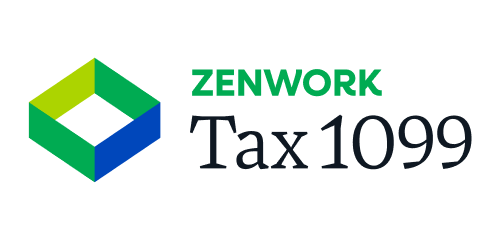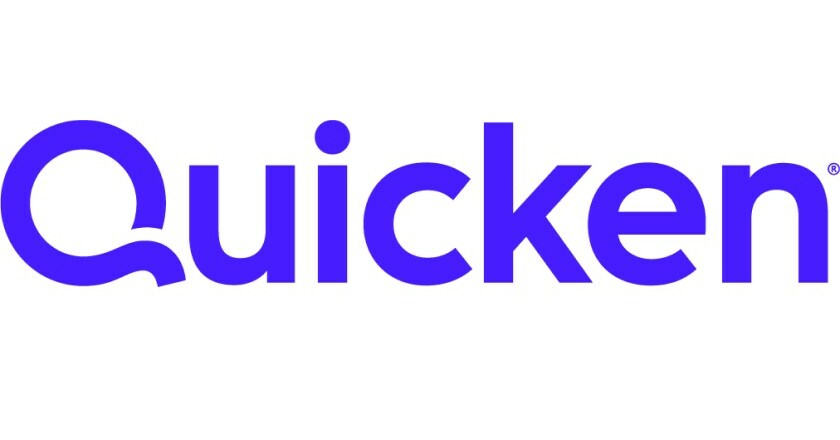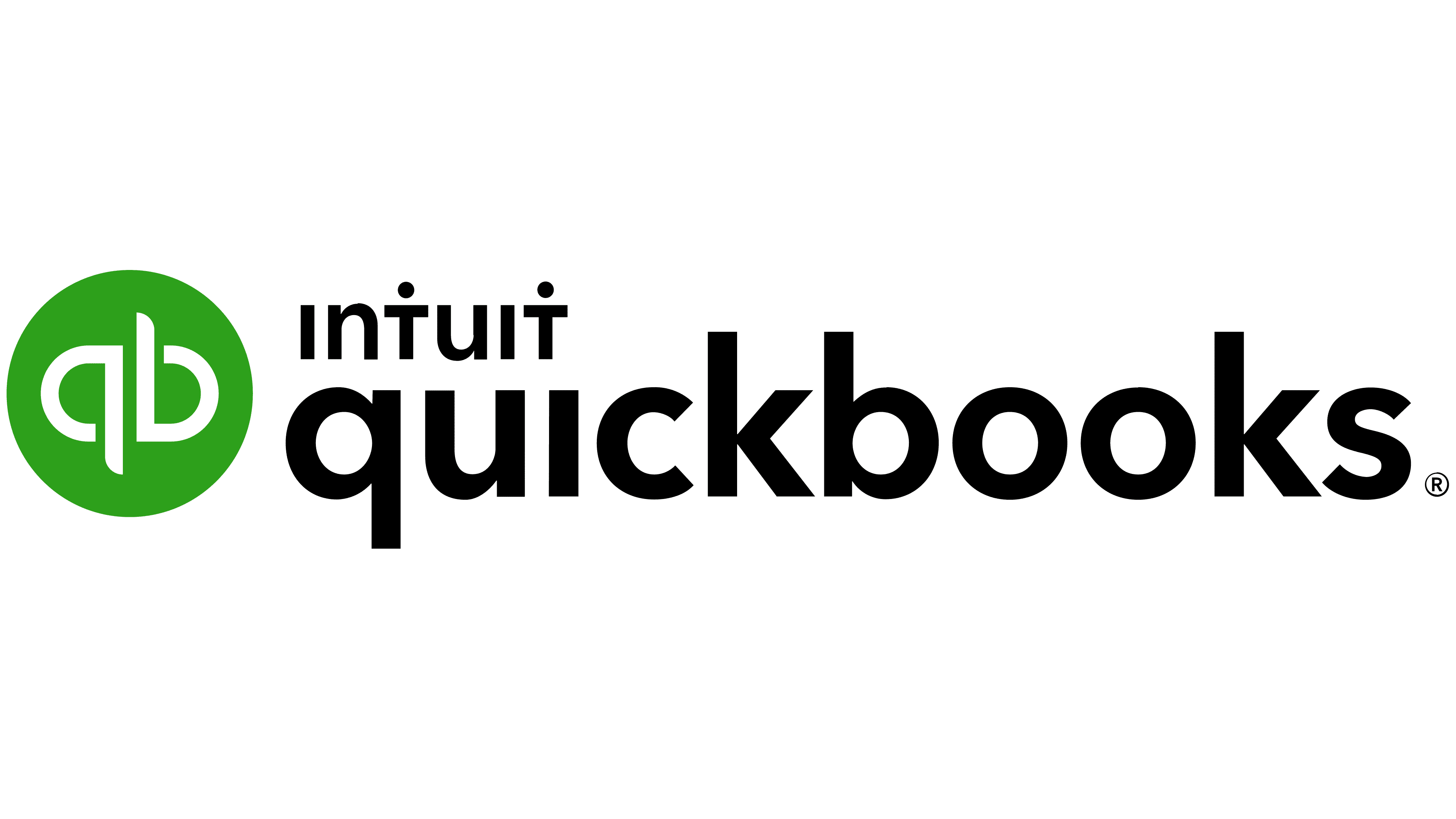Recently, social media influencers and marketers have been promoting a so-called “self-employment tax credit.” However, no such credit exists. The misinformation has become so rampant that the IRS recently issued a consumer alert. The alert warns self-employed filers of the misleading credit and urges taxpayers to speak with a trusted tax professional, rather than unreliable social media sources.
This is especially important now, with the IRS recently announcing the start of the 2025 tax filing season. The IRS is urging taxpayers to prepare and be aware of changes affecting their 2024 returns, as well as recommending taxpayers create an online account for secure access to tax information.
Regarding the so-called “self-employment tax credit,” what these influencers are actually pushing is a COVID-era tax credit for sick leave and family leave. This credit was available for self-employed individuals who missed time from work due to the COVID-19 pandemic. It was designed to function similarly to credits available to employers at the time. These credits allowed employers to offset the cost of paying their employees when they couldn’t work for COVID-related reasons.
The credit, incorrectly referred to recently on social platforms as a “self-employment tax credit,” was claimed using Form 7202. However, this previous credit expired on September 30th, 2021. It may be possible that a taxpayer qualified for the credit in tax years 2020 or 2021 but failed to claim it at that time. If that’s the case, the taxpayer may be able to amend their returns to claim the credit retroactively.
Although it’s likely too late to receive a refund using the credit for tax year 2020, there may still be hope if you had a balance due that tax season. Taxpayers may still be able to reduce their liability by amending their 2020 tax return if they qualify. For tax year 2021 refund claims, taxpayers would need to submit the claim by April 2025.
The self-employment tax credit isn’t the only example of recent online misinformation. Similar tactics are being used regarding the Employee Retention Credit, another now-expired COVID-era tax credit.
These credits have complex rules. Anyone seeking to claim them will likely face increased IRS scrutiny in processing, especially in light of the abuse that has occurred.
Tax1099 is an IRS-authorized eFiling platform, trusted by over 500,000 businesses to simplify tax form filing.
With Tax1099, users can electronically file 1099s, W-2s, ACA forms, and more.
Key Deductions for self-employed entrepreneurs
A self-employment tax credit doesn’t currently exist, and most pandemic-era credits are no longer available without retroactive amendments. However, there are still valuable deductions that self-employed individuals can take to maximize returns and their tax filing experience.
Self-Employment Tax Deduction
Self-employed individuals can deduct self-employment tax as a business expense. The Self-Employment Tax Deduction allows taxpayers who pay self-employment tax to deduct half of the Self-Employment tax they pay each year.
Self-Employed Health Insurance Deduction
Health insurance premiums are deductible for self-employed individuals. Eligible self-employed individuals can deduct up to 100% of the premiums they pay for health insurance.
Home Office Deduction
Self-employed people who use a portion of their home for work purposes can take the home office deduction for the business use of their home. The home office must meet specific standards but can be beneficial to deduct from gross income.
Qualified Business Income Deduction
This deduction allows self-employed individuals to deduct the lesser of 20% of their qualified business income or 20% of their taxable income. There are lots of rules for this, but most self-employed individuals will benefit.
Self-Employed Retirement Deduction
Self-employed individuals can also benefit from retirement tax benefits. With this deduction, taxpayers can deduct a portion of retirement contributions they make to certain qualified retirement plans.
The powerfully simple way to stay on top of your finances. Budgeting, automation tools, portfolio analysis, tax reports, and more. For a limited time: 50% off on Quicken Simplifi and 25% off on other Quicken products.
Best ways to avoid tax & write-off misinformation
Do your research, as social media can often get it wrong.
Look at IRS.gov, the Block Advisors Resource Center and other reputable sources when trying to determine when a credit or deduction is legitimate.
Planning periodic check-ins with a trusted tax professional allows you to ask questions and ensure you are setting yourself up for success at tax time.
Other top tips for gig workers and small business owners to maximize their tax returns and finances:
- Make sure to keep adequate and contemporaneous records.
- Keep receipts, maintain a mileage log, and use a bookkeeping service such as Block Advisors to help you stay on top of your business’s financial records. You’ll be glad you did when tax time rolls around!
- Meet with a tax professional routinely throughout the year to keep up on quarterly estimated tax payments and payroll filings. These check-ins are also a great time to align on business goals, address concerns, and build short-term and long-term strategies.
- Keep your personal and business accounts separate.
- This eliminates the risk of getting confused about whether an expense is deductible come tax time.
- If you ever face an IRS audit, having separate accounts will streamline the process of navigating this stressful time.
- Seek out and utilize the many programs available through state and federal agencies that your business may qualify for.
- Maximize your retirement contributions when possible.
- This may help reduce your tax burden and is a crucial tool at your disposal when saving for retirement.
- If you have employees, use a payroll service to help you keep on top of your filing obligations.
- As a bonus, the payroll service expenses are generally tax deductible!
This article is for informational purposes only. The content should not be construed as legal advice.
Image by rawpixel.com on Freepik
Online accounting software, built for your business.
Zoho Books is online accounting software that manages your finances, automates business workflows, and helps you work collectively across departments.











